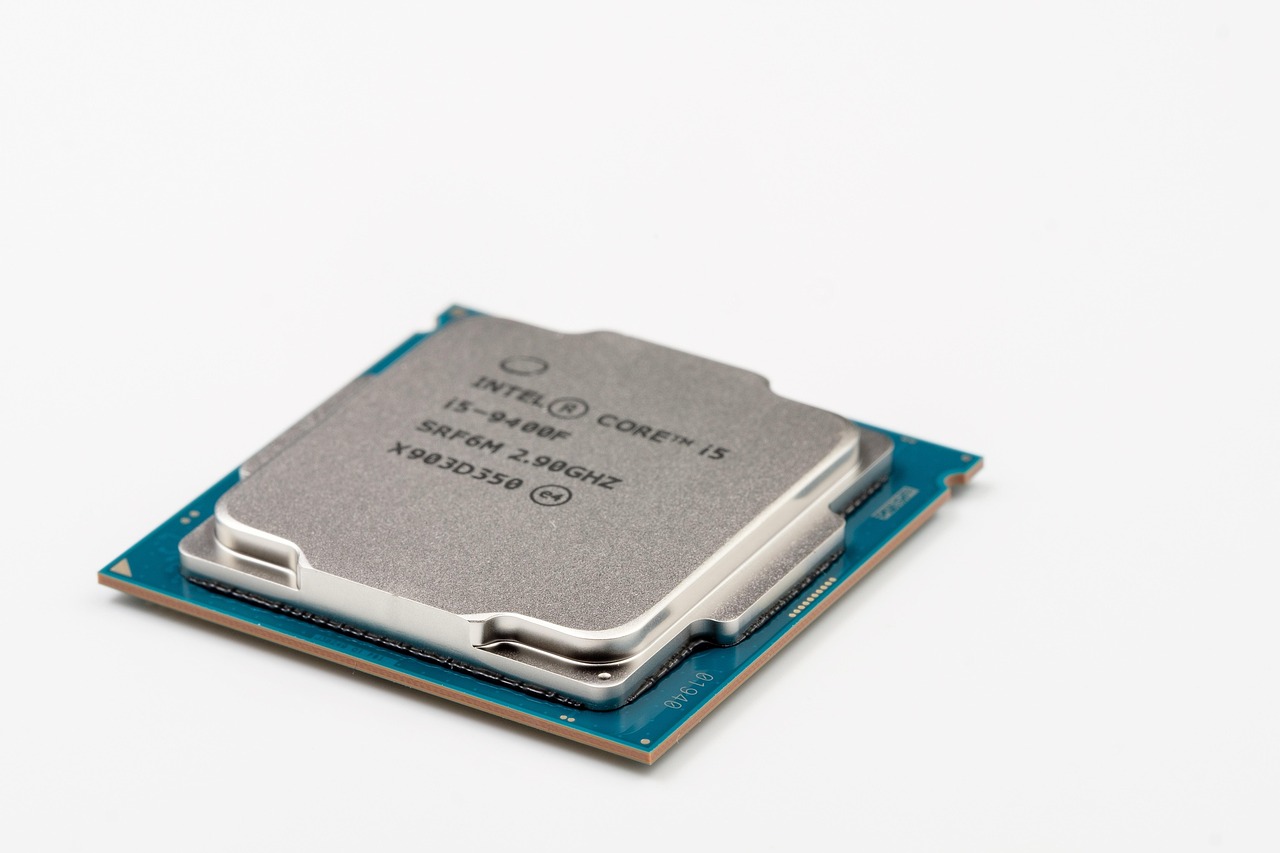The Role of Artificial Intelligence in Advancing Autonomous Vehicle Technology

Brief news summary
Artificial intelligence (AI) plays a crucial role in the development of autonomous vehicles by enabling them to perceive their surroundings, make real-time decisions, and navigate safely. These vehicles use advanced sensors such as cameras and LiDAR, combined with machine learning algorithms, to detect objects, interpret traffic signals, and plan efficient routes. Advances in deep learning improve their ability to predict the behavior of other road users, enhancing safety in complex situations. However, challenges persist, including ensuring safety under unpredictable conditions, addressing ethical concerns related to decision-making and liability, and managing the impact on employment. Regulatory frameworks are evolving to address certification, data privacy, cybersecurity, and integration with existing traffic systems. Successful deployment demands collaboration among developers, manufacturers, policymakers, and regulators to balance innovation with public interest. Ultimately, AI-powered autonomous vehicles promise safer roads, reduced congestion, increased mobility, and environmental benefits, advancing smart transportation globally.Artificial intelligence is at the forefront of the rapidly advancing field of autonomous vehicle technology. This sophisticated technology enables self-driving cars to accurately perceive their surroundings, make informed decisions in real-time, and navigate roadways both safely and efficiently. Utilizing advanced machine learning algorithms, autonomous vehicles analyze vast amounts of data gathered from a range of sophisticated sensors, such as cameras and LiDAR systems. These sensors meticulously detect and identify objects around the vehicle, interpret traffic signs and signals, and chart optimal routes to destinations. In recent years, AI-driven autonomous vehicles have achieved significant milestones. Enhanced object recognition allows these cars to distinguish between pedestrians, cyclists, other vehicles, and potential obstacles, even in complex and dynamic driving environments. Moreover, improvements in deep learning methods have heightened the vehicles’ capacity to understand and predict the behavior of various road users, enabling smoother and safer navigation across urban and highway settings. Despite these remarkable advances, many challenges remain before autonomous vehicles become widespread on public roads. Safety is paramount, as researchers and engineers work to ensure vehicles can manage unpredictable and rare scenarios encountered in real-world driving. This necessitates rigorous testing and validation to reduce accident risks caused by system errors or unforeseen circumstances. Beyond technical challenges, autonomous vehicle technology poses significant ethical questions.
Concerns about decision-making in critical situations, liability in accidents, and the effects on employment in driving-related sectors require careful examination and well-thought-out policy development. Industry leaders, ethicists, and regulators are actively engaging in discussions to develop guidelines that balance innovation with social responsibility. Regulatory frameworks are another key area that demands ongoing focus. Governments and transportation authorities worldwide are striving to establish standards and regulations that guarantee the safe deployment and operation of autonomous vehicles. These frameworks must address various factors, including vehicle certification, data privacy, cybersecurity, and compatibility with existing traffic systems. The future path of autonomous vehicles depends not only on continued AI advancements but also on seamless collaboration among technology developers, automotive manufacturers, policymakers, and other stakeholders. Interdisciplinary partnerships and open lines of communication will be vital to harmonize technological progress with public interests and regulatory requirements. Looking forward, integrating AI into autonomous vehicles promises to transform transportation fundamentally. Anticipated benefits include improved road safety, reduced traffic congestion, greater mobility for those unable to drive, and environmental benefits stemming from optimized driving patterns. As research progresses and societal frameworks evolve, self-driving cars are set to become core elements of smart transportation ecosystems. In summary, artificial intelligence forms the foundation of autonomous vehicle technology, revolutionizing how cars interact with their environments and advancing toward a future where driverless vehicles are commonplace. Successfully addressing the interconnected technical, ethical, and regulatory challenges will be essential to realizing the full promise of this groundbreaking technology and shaping the next era of transportation.
Watch video about
The Role of Artificial Intelligence in Advancing Autonomous Vehicle Technology
Try our premium solution and start getting clients — at no cost to you

I'm your Content Creator.
Let’s make a post or video and publish it on any social media — ready?
Hot news

I work in tech sales and use AI every day — but I…
This as-told-to essay is drawn from a conversation with Antoine Wade, a tech sales professional based in San Antonio.

Meta Platforms Announces $10 Billion Investment i…
Meta Platforms Inc.

HVLP Copper Foil Sees Demand Surge; China Acceler…
The global HVLP (Very Low Profile) copper foil market is experiencing significant growth this year, primarily driven by rising demand for AI servers.

The AI processor market explosion
Jon Peddie, founder and president of Jon Peddie Research, was the featured guest on DE 24/7 tech podcaster Kenneth Wong’s show, where he discussed the rapidly expanding AI processor industry and the daily fluctuations within this billion-dollar market.

AI and SEO: Understanding the Synergy Between Tec…
The evolving relationship between artificial intelligence (AI) and search engine optimization (SEO) is profoundly transforming the digital marketing landscape.

AI in Video Production: Streamlining Post-Product…
The post-production phase of video production is undergoing a major transformation with the growing adoption of artificial intelligence (AI) technologies.

Intel's Leadership Restructuring Amid AI Chip Mar…
Intel Corporation has initiated significant leadership changes and workforce reductions within its foundry operations as part of a broader corporate restructuring aimed at refocusing its business strategy to better address the rapidly evolving artificial intelligence (AI) market.
AI Company
Launch your AI-powered team to automate Marketing, Sales & Growth

and get clients on autopilot — from social media and search engines. No ads needed
Begin getting your first leads today








